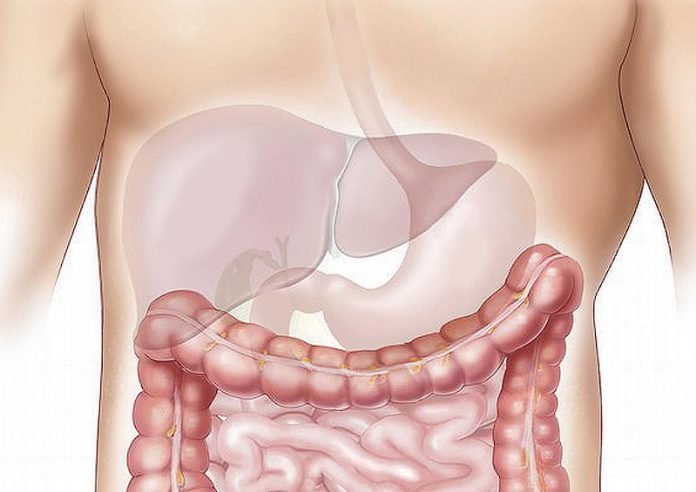
In a new study, researchers found antiviral drugs for hepatitis C could reduce liver-related deaths by nearly 50% in people with a history of liver cancer.
The team previously had found that antiviral drugs do not increase the risk of liver cancer recurrence.
The research was conducted by a team from the UT Southwestern Simmons Comprehensive Cancer Center.
In 2018, the Centers for Disease Control and Prevention announced there were nearly 2.4 million people living with hepatitis C in the U.S.
Defeating hepatitis C is an important step because the infection can otherwise lead to cirrhosis—scarring of the liver—which can be deadly.
Cirrhosis can increase the risk of liver cancer, which also may be fatal.
Curing hepatitis C with antivirals breaks the first link in a deadly chain of events and can lead to an improvement in liver function among those who have previously developed cirrhosis.
In the study, the team examined nearly 800 patients from 31 medical centers across the country.
They found that the drugs are not only safe, but they also decrease death from cirrhosis and liver cancer by 46%.
The find changed prior misconceptions that made doctors reluctant to prescribe direct-acting antivirals to treat hepatitis C in patients with a history of liver cancer.
Many doctors previously believed that hepatitis C, for all its harmfulness, activates the immune system when it infects the liver, and the immune system kept liver cancer recurrence at bay.
But this notion appears to be false, according to the current study.
The team says hepatitis C therapy is so important because it provides a cure. Patients take oral medications for two or three months, with minimal to no side effects, and they are cured.
There’s less than a 1% chance of relapse if people are cured of hepatitis C.
The study is published in the journal Gastroenterology.
Copyright © 2019 Knowridge Science Report. All rights reserved.




